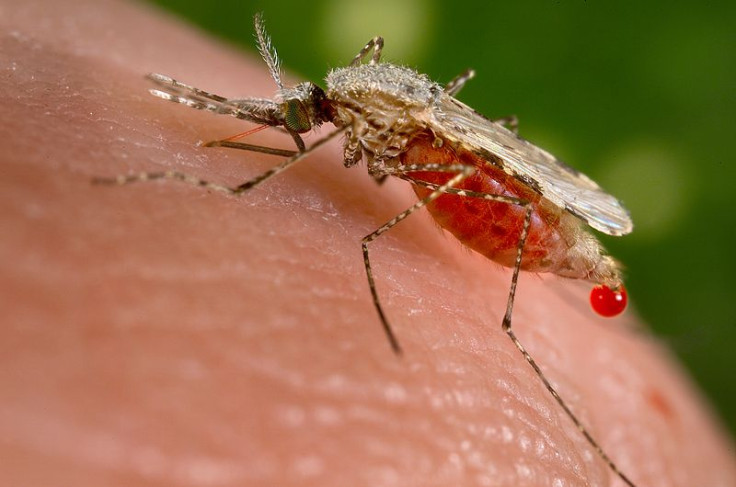World Malaria Day 2015: Male mosquito DNA modification 'could halt transmission'

The mosquito-transmitted disease malaria might be tackled due to the invention of Luke Alphey, who was selected as a finalist for the 2015 European Inventor Award for creating a technology that promotes a sustainable control of the disease-carrying insects.
Alphey, a non-executive director of Oxford-based bio-tech company Oxitec, came up with the idea of modifying the DNA of disease-carrying male insects that seek to mate with female insects in the wild. As a result of the modification, any offspring would not survive until adulthood with a consequent decline of the population of that species.
Oxitec has already implemented its new technology on the Aedes aegypti, a mosquito that carries the Dengue fever, a viral infection on the rise worldwide.
"So far, we've had successful field trials targeting the Dengue mosquito in several countries such as Malaysia and Brazil, and it's going very well," Alphey told IBTimes UK. "We have achieved over 90% suppression of the target mosquito population in every trial. That sort of degree of suppression is what you need to control the epidemic."
Alphey explained Oxitec started its trials with the Dengue mosquito as there is only one key species transmitting this disease around the world. "Malaria is more complicated as there are quite a number of different species in Africa, in the Americas and in Asia," he said.
"However, in the spectrum of species and interventions for malaria, there are places where this technology would be very useful.
"It may well be that our technology might be an important part of an integrated control programme that can deal with some malaria mosquitoes – such as the outdoor biting ones – that are hard to control with existing methods. It's perfectly doable and we demonstrated we can get the technology to work."
© Copyright IBTimes 2025. All rights reserved.






















